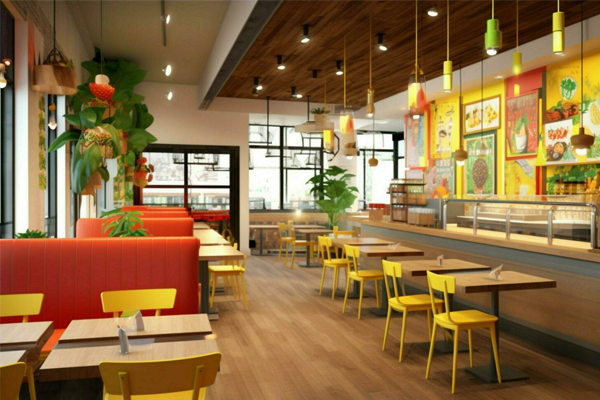In today’s digital-first world, owning a restaurant website is no longer optional; it’s a necessity. Whether you run a cozy café or a high-end dining establishment, having a strong online presence is essential for attracting customers, enhancing your reputation, and boosting revenue. Let’s dive deep into why every restaurant needs a website and how it can unlock the doors to success.
1. Increased Online Visibility
When someone is craving a good meal, the first thing they do is search online. Without a website, your restaurant risks being invisible to potential customers. A website helps you appear in local search results and ensures that people looking for dining options in your area can find you easily. By optimizing your website with local SEO, you can attract diners who are ready to walk through your doors.
2. Showcase Your Unique Brand and Atmosphere
Your website is a virtual extension of your restaurant. It allows you to showcase your:
- Brand identity: Use colors, fonts, and images that represent your restaurant’s vibe.
- Atmosphere: Include photos and videos that give a sneak peek of the dining experience.
- Story: Share the history and passion behind your restaurant to create a personal connection with visitors.
This creates a memorable first impression that sets you apart from competitors.
3. Convenient Online Ordering and Reservations
In an era where convenience is king, offering online ordering and reservation options is a game-changer. With a well-designed website:
- Customers can order food for delivery or takeout directly from you, avoiding third-party commission fees.
- Guests can book tables effortlessly, reducing wait times and enhancing the dining experience.
These features make your restaurant more accessible and appealing to modern diners.
4. Enhanced Credibility and Trust
A professional website instills trust in potential customers. It signals that your restaurant is legitimate, established, and cares about its image. Including elements like:
- Customer reviews and testimonials
- Certifications or awards
- Contact information and operating hours
Reassures visitors that your business is reliable and worth their time.
5. Expand Your Reach Beyond Local Boundaries
While your physical restaurant caters to locals, your website has no geographical limits. Tourists planning their trip or food enthusiasts in nearby cities can find you online, increasing the potential for new customers and higher revenue.
6. Cost-Effective Marketing
Traditional advertising methods, like flyers and billboards, can be expensive and limited in reach. In contrast, a website provides a cost-effective platform to:
- Announce special offers and promotions
- Share updates about events or seasonal menus
- Create engaging blog posts about food trends or cooking tips
With the right SEO strategy, your website becomes a powerful marketing tool that continuously attracts diners without draining your budget.
7. Data-Driven Insights
A website allows you to collect valuable data about your customers through:
- Analytics tools to track visitor behavior, popular menu items, and peak dining times
- Feedback forms to understand customer preferences and improve service
This data helps you make informed decisions, refine your menu, and optimize your marketing strategies for maximum impact.
8. Seamless Integration with Social Media
A website serves as the central hub of your restaurant’s online presence. You can link your social media profiles directly to your site, driving traffic between platforms. Additionally, embedding social proof like Instagram photos of happy customers or dishes increases engagement and trust.
9. Mobile-Friendly Convenience
Did you know that over 60% of online searches are conducted on mobile devices? A mobile-optimized website ensures that users can easily navigate your menu, make reservations, or place orders on the go. This convenience can significantly impact your restaurant’s success.
10. Stand Out from the Competition
In a competitive food industry, differentiation is critical. Many restaurants rely solely on social media or third-party delivery apps, but having your own website gives you complete control over your brand’s message and customer experience. Don’t just compete—stand out!
Conclusion
A restaurant website isn’t just a digital asset—it’s a powerful tool for growth and success. It helps you connect with customers, showcase your unique offerings, and streamline operations. In today’s competitive landscape, having a well-optimized, user-friendly website can mean the difference between thriving and merely surviving.
So, what are you waiting for? Invest in a professional website today and watch your restaurant flourish like never before!












